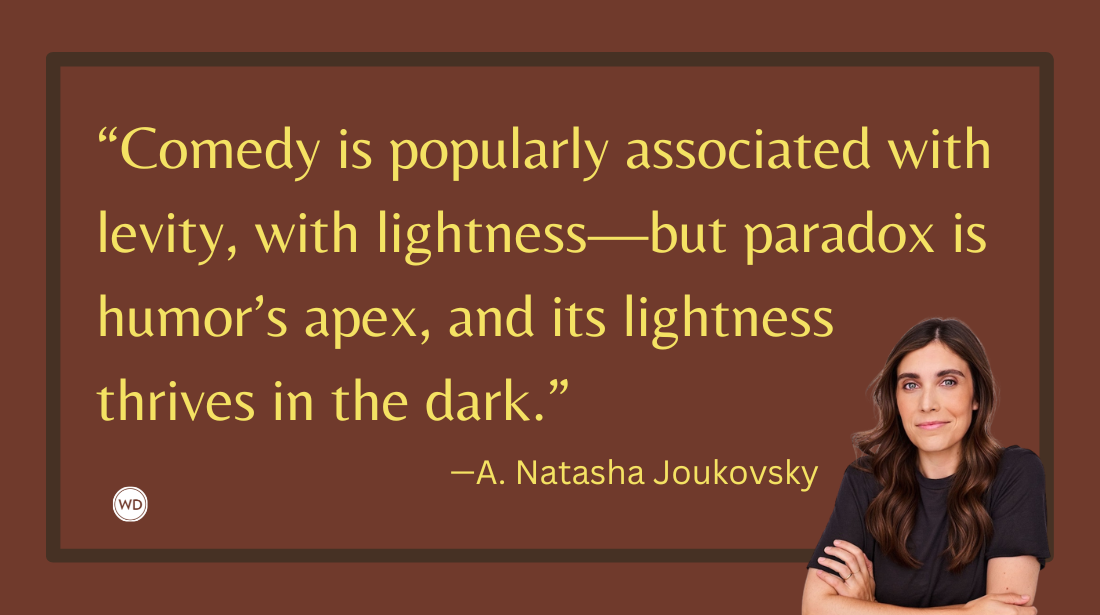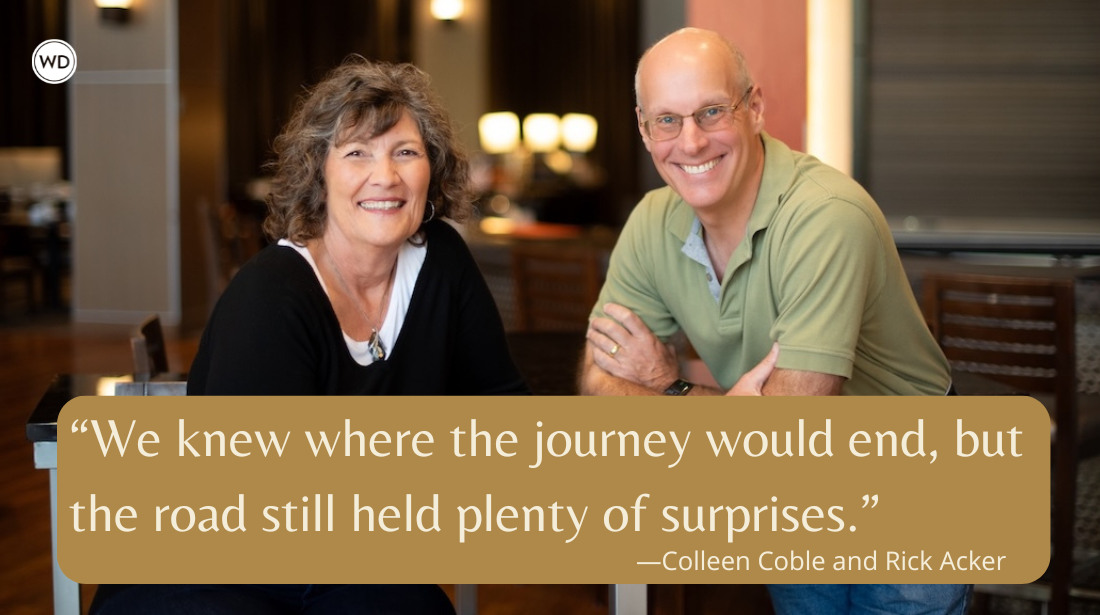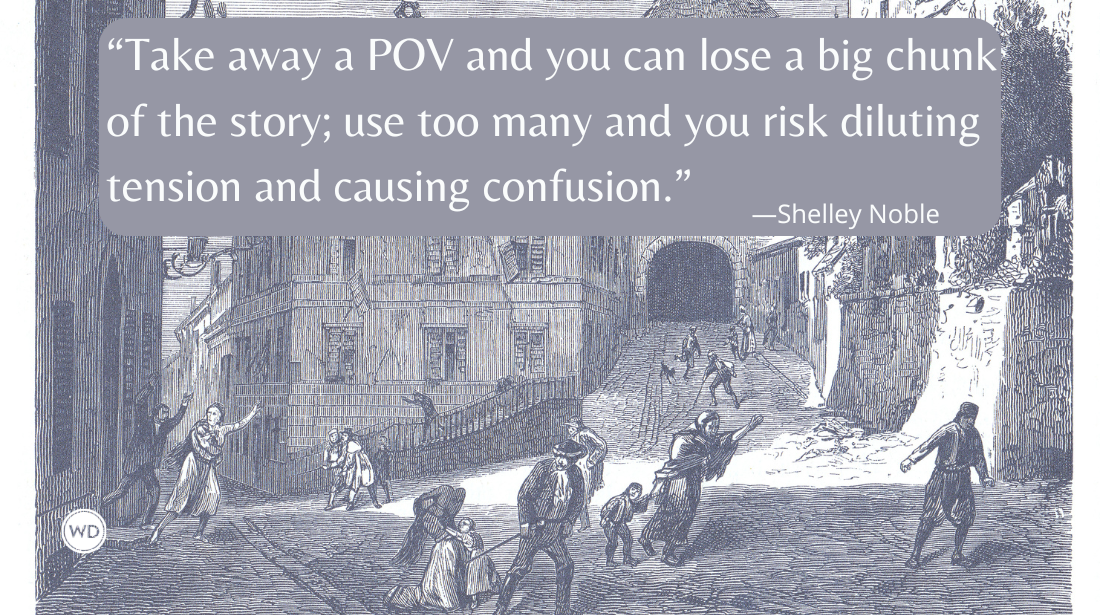The Big Dilemma for Historical Novelists—How Far Can You Stretch the Facts?
Author Martha Jean Johnson analyzes the big dilemma for historical novelists: How far can you stretch the facts while writing fiction?
Oscar Wilde once defined a gentleman as someone “who never hurts anyone's feelings unintentionally.” Wilde’s waggish quote suggests some useful advice for historical novelists: Don’t stretch the truth accidentally. Always do it for a reason.
History and fiction are distinct enterprises, and humanity needs them both. Historians document the past using the available evidence which is often inconclusive and incomplete. We expect them to organize facts and evaluate them. They’re not supposed to make stuff up.
Historical novelists tell stories, with all the pacing, clarity, tension, and characterization that implies. Our method is to imagine, speculate, and dramatize. Job one is to entertain.
As a writer of historical fiction, I believe strongly in artistic license. Novelists should feel free to fill in the blanks, connect the dots, augment the facts, and weave disjointed events into a compelling narrative. And yet as a reader, I’ve ditched novels where the “history” seemed far-fetched or distorted. Stretch the facts too far, and you’ll lose me.
So where’s the line?
No one I know of has proposed any rules on how far novelists can veer from the historical record. Authors should decide that for themselves. For me, the better question is what operating principles can help us avoid alienating readers. We want people who pick up our books to focus on our content and themes, not to ask why we couldn’t be bothered to do our homework.
Here are some thoughts based on my own experience:
- Respect your audience. Historical novels attract readers who love history and are frequently deeply knowledgeable. If you’re writing about Ancient Greece, the Roman Empire, Tudor England, World War I, World War II, or other popular periods, chances are you’ll have readers who have completed dozens of books on your era. Many enjoy both fiction and nonfiction, and they tend to be a book-buying group. But they expect some level of authenticity. Don’t delude yourself that the history doesn’t matter.
- Avoid whoppers—fundamental mistakes about people, places, and time. No one knows whether Shakespeare slipped up when he set The Winter’s Tale on the coast of Bohemia (which is landlocked), or whether he did it deliberately to heighten the enchanted feel of the play. But most of us can’t expect the latitude given to the immortal bard. Big goofs could generate bad press among the very readers who might otherwise adore your book. Unless you’re writing an alternative history or a historical fantasy, avoid placing famous figures where they couldn’t possibly have been. Don’t re-order or re-locate major events. Be careful about making your characters behave in ways that are ludicrously modern or otherwise implausible. Stay tethered to the historical record.
- Think twice about maligning real people. Yes, Will got away with making Richard III into a monster—and what a malicious, delicious monster he is! But caricatures of once-living human beings are a major complaint among historical fiction devotees. Most plots need a villain or two, but ask yourself whether you should besmirch the reputation of someone no longer alive to defend themselves. Maybe you could add nuance to your portrayal. Maybe it would be better to invent your unrepentant evildoer.
- Put your emphasis on your characters’ thoughts. History documents what prominent people did, but it rarely explains what was on their minds. Even when they’ve left diaries, letters, testimony, public declarations, or statements from the scaffold, these may only hint at their interior world. As a novelist, you can add this magic. Invest in thinking through your characters’ motivations, assumptions, fears, and dreams. Convey these to your readers. Conjure up conversations and interior monologues. Fans of historical novels often say this is the precise reason they choose fiction. Textbook names become complex, rounded individuals.
- Adopt new points of view. Recorded history stresses the words and actions of decision-makers. That leaves you free to imagine the hearts and minds of the less powerful—people who weren’t at the center of the action. In my own novel, Cardinal Wolsey is a secondary character, but his downfall is a pivotal incident. History documents his long, drawn-out loss of royal favor, but I depicted his ruin from the perspective of those serving in his household. It must have seemed both sudden and incomprehensible to them. Shifting the perspective gave me leeway.
- Consult historians. Some historical novelists dig into original documents and become authorities themselves. But many of us rely on the accomplished historians who have devoted their careers to our chosen era. Their work is our starting point. Much to my surprise and delight, one notable expert was willing to read my novel before it went to print—extremely helpful. Of course, you are asking a busy person to do you a favor, so this should be a humble, late stage ask. Do your own thorough factcheck beforehand.
- Write an “Author’s Note.” History buffs occasionally tell me they read the “Author’s Note” before they read the book. I find these “afterwords” fascinating myself. Typically, they summarize the novel’s major departures from the historical record and differentiate between real and invented characters. Some authors list nonfiction sources for readers who want to learn more about the history. Carefully preparing your author’s note is a simple act of transparency.
We live in an era where spin often outshines reality, and facts can have trouble breaking through. I love fiction. I’m convinced it enhances our compassion by letting us inhabit worlds and situations we’ve never experienced ourselves. But novelists also have a responsibility. We may write fiction, but that doesn’t mean the truth is irrelevant. We have a duty to respect and honor it.
Check out Martha Jean Johnson's The Queen's Musician here:
(WD uses affiliate links)









